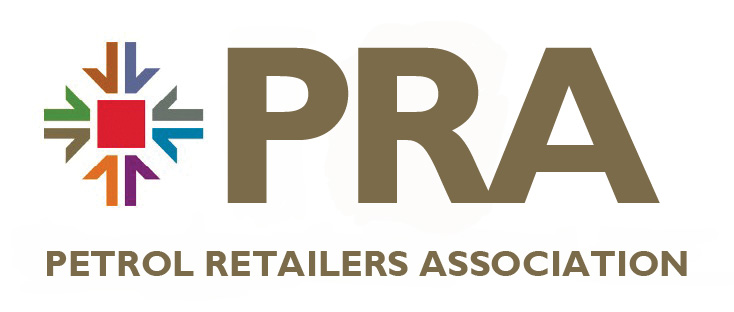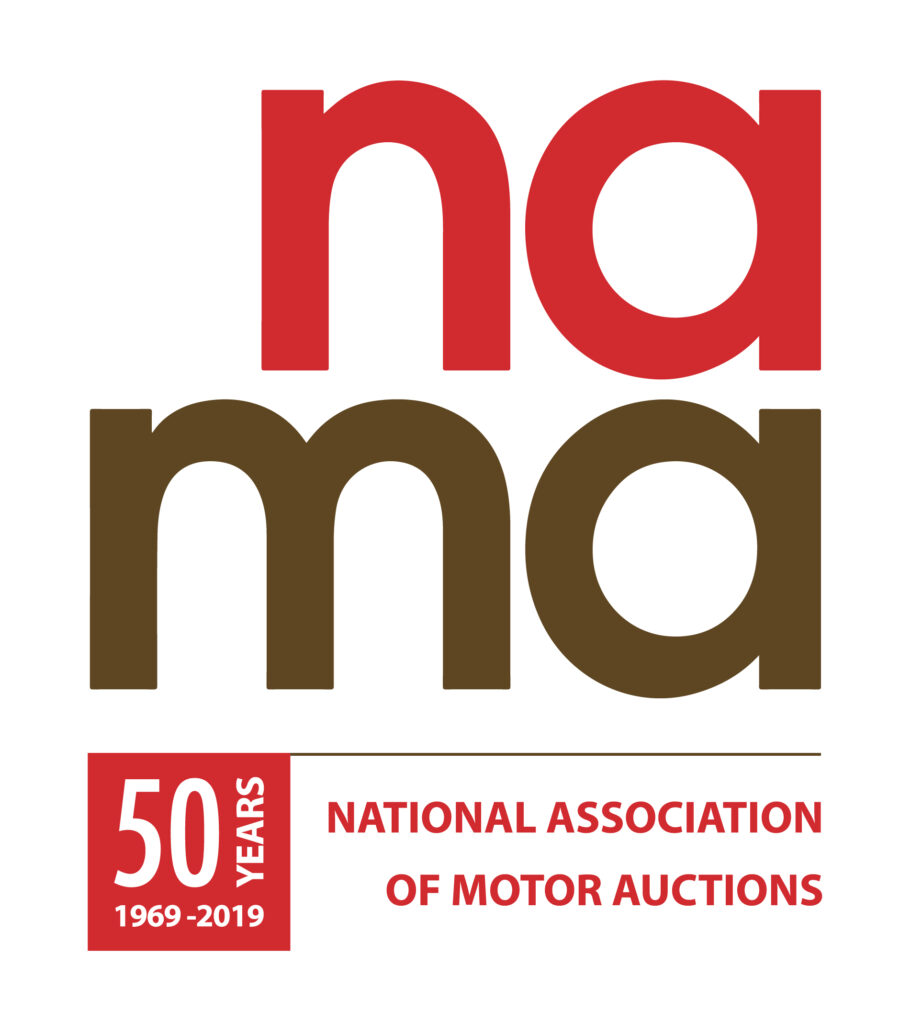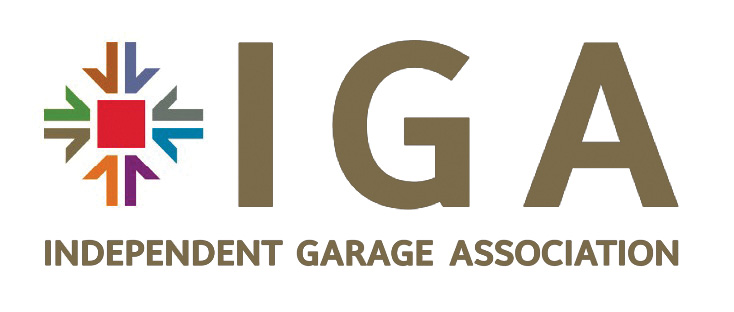[vc_row type=”in_container” full_screen_row_position=”middle” column_margin=”default” scene_position=”center” text_color=”dark” text_align=”left” overlay_strength=”0.3″ shape_divider_position=”bottom” bg_image_animation=”none”][vc_column column_padding=”no-extra-padding” column_padding_position=”all” background_color_opacity=”1″ background_hover_color_opacity=”1″ column_link_target=”_self” column_shadow=”none” column_border_radius=”none” width=”1/1″ tablet_width_inherit=”default” tablet_text_alignment=”default” phone_text_alignment=”default” overlay_strength=”0.3″ column_border_width=”none” column_border_style=”solid” bg_image_animation=”none”][vc_column_text]In the case of Boohene and others v Royal Parks Ltd. the Employment Tribunal (ET) was asked to consider a case of indirect Race discrimination. Did a tribunal err in applying too narrow a pool for comparison in an indirect discrimination claim when it included all direct employees but only one group of outsourced workers?
In the case in question, the Claimants were employed by a third party to work on its toilet and cleaning services contract with the respondent. Their minimum rates of pay were set below London Living Wage (“LLW”); this contrasted with the respondent’s direct employees, who were office-based and had a level of pay higher than LLW. The employment tribunal found that the respondent had committed to ensuring that the minimum pay of its direct employees would not fall below LLW but had decided not to accept the option of LLW as the minimum pay rate on the toilet and cleaning contract.
The Claimants brought claims of indirect race discrimination in respect of their treatment as contract workers as compared to the respondent’s direct employees. The tribunal upheld these complaints as falling within the definition of indirect discrimination under section 19 Equality Act 2010, rendered unlawful by reason of section 41. The respondent appealed.
In this case, the Respondent had a policy of paying its staff a minimum rate of the London living wage (LLW). However, when it contracted out is toilet cleaning services it decided against the option of LLW as the minimum pay rate on the toilet and cleaning contract and instead accepted a bid which was based on staff being paid lower than LLW.
The Claimants, who worked for the contractor, brought claims of indirect discrimination, arguing that applying a lower minimum level of pay to outsourced workers compared with those who were directly employed was discriminatory on the grounds of race as those who were employed by the contractor were more likely to come from black and minority ethnic (BAME) backgrounds.
The tribunal compared those who were directly employed by the Respondent and those employed by the contractor and found that it placed those from BAME backgrounds at a particular disadvantage and that it could not be justified. The tribunal upheld the complaint as definition of indirect discrimination under section 19 Equality Act 2010, (“the EqA”).
This was appealed to the Employment Appeals tribunal (EAT)
In its decision the EAT confirmed that where an employer set the terms of pay when contracting out services, then it and not the contractor makes the pay decision. It was therefore permissible to compare those employees directly employed with those employed under the contract. However, the tribunal was wrong to only consider those employees contracted to clean the toilets (who were disproportionately BAME), and should have instead considered all subcontracted employees.
In Conclusion
This case highlights that the tribunal can take a wide approach when considering who is discriminating. Employers should be very careful when setting contractual terms for any subcontractors or bidding processes, particularly where that they would not apply the same terms to their own staff.
It also highlights the importance of how groups to be compared are defined. It is not appropriate to pick and choose a group that is not truly representative that skews the results.
In some aspects this case is unusual. Not only did the employer set a beneficial policy of the LLW for its employees and then set a lower rate when contracting out services, it was unfortunate that those who were employed by the contractor were more likely to come from BAME backgrounds.
Don’t forget, this advice is general in nature and will need to be tailored to any one particular situation. As an RMI member you have access to the RMI Legal advice line, as well as a number of industry experts for your assistance. Should you find yourself in the situation above, contact us at any stage for advice and assistance as appropriate.
Motor Industry Legal Services
Motor Industry Legal Services (MILS Solicitors) provides fully comprehensive legal advice and representation to UK motor retailers for one annual fee. It is the only law firm in the UK which specialises in motor law and motor trade law. MILS currently advises over 1,000 individual businesses within the sector as well as the Retail Motor Industry Federation (RMI) and its members.
[/vc_column_text][/vc_column][/vc_row]









